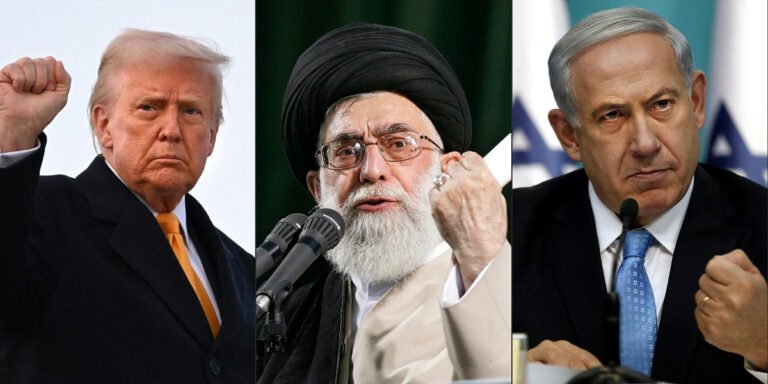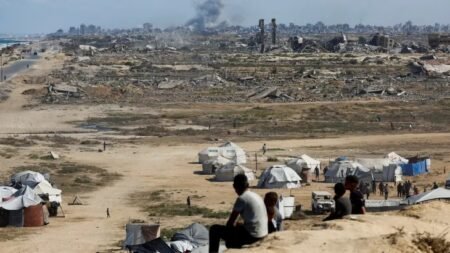A surprise attack launched by Israel against Iran set off a wave of military responses that shook the Middle East. Israel, supported both directly and indirectly by its Western allies, aimed to target Iranian generals and scientists. But instead of collapsing under pressure, Iran responded with force. It quickly struck back at Israeli targets and engaged in a series of counterattacks.
The situation took a more serious turn when the United States joined the conflict by attacking Iran. This move escalated the crisis further, causing alarm in the region and drawing global attention. Arab nations grew increasingly concerned about the possibility of a full-scale war. In response, Iran did not retreat. Instead, it made bold moves, including efforts to block the Strait of Hormuz and strike US military bases in the region.
These countermeasures forced both the US and Israel to rethink their strategies. Eventually, both countries reached out to Iran for a ceasefire. Once the fighting paused, a new question emerged around the world: who actually came out ahead?
Experts believe Iran’s actions were carefully planned. Before striking the US base at Al Udeid in Qatar, Iran gave advance warnings through mediators. This allowed Qatar to close its airspace and gave the US time to prepare. As a result, casualties were avoided.
Iran’s state television aired the attack live, mixing footage of missiles with patriotic music. Presenters spoke proudly of Iran’s strength and victory. In an unusual moment, former US President Donald Trump even thanked Iran for the warning. He said that because of the advance notice, no lives were lost. He also expressed hope that tensions would not grow further.
Following the ceasefire, all three nations claimed they had succeeded. The US said it had disrupted Iran’s nuclear plans. Israel said it had weakened a key enemy in the region. Iran said it had not only survived but also responded strongly to powerful opponents.
Analysts suggest Iran had the upper hand. Israel’s surprise attack failed to cripple Iran, and instead, Iranian strikes damaged key Israeli infrastructure. Iran achieved on its own what other regional powers—like Iraq, Syria, and Egypt—could not in past conflicts. In the Six-Day War, Arab nations lost large areas of land to Israel. This time, Iran stood firm, even when the US entered the fight.
Iran also took a smart approach. Rather than responding instantly, it waited, planned, and gathered support. This helped Iran win sympathy from other global powers like Russia and China, and from public opinion in various countries.
In addition to military success, Iran managed to pressure Israel economically. It is estimated that Israel had to spend between $700 million and $900 million each day during the conflict. This created a major burden. Key parts of Israel’s economy were hit hard. Hospitals, power stations, and energy systems suffered major damage. Trade through ports slowed down. Insurance costs for shipping rose sharply.
Israel’s stock market dropped, and overall economic uncertainty increased. The conflict affected daily life and strained the national budget. Development projects were delayed, and Israel’s dependence on the US grew stronger. One lasting effect was the psychological impact—the fear of long wars became a reality for many inside Israel.
This conflict was not just about missiles and bases. It changed the balance of power in the region. Iran showed it could act with discipline and force, even against nuclear powers. Its ability to wait, plan, and respond at the right time gave it a strong position on the world stage.
Each country involved is telling its own version of victory. But many global observers agree: Iran managed to defend itself, strike back, and increase the cost of war for its enemies. That alone marks a shift in how power is viewed in the Middle East.







